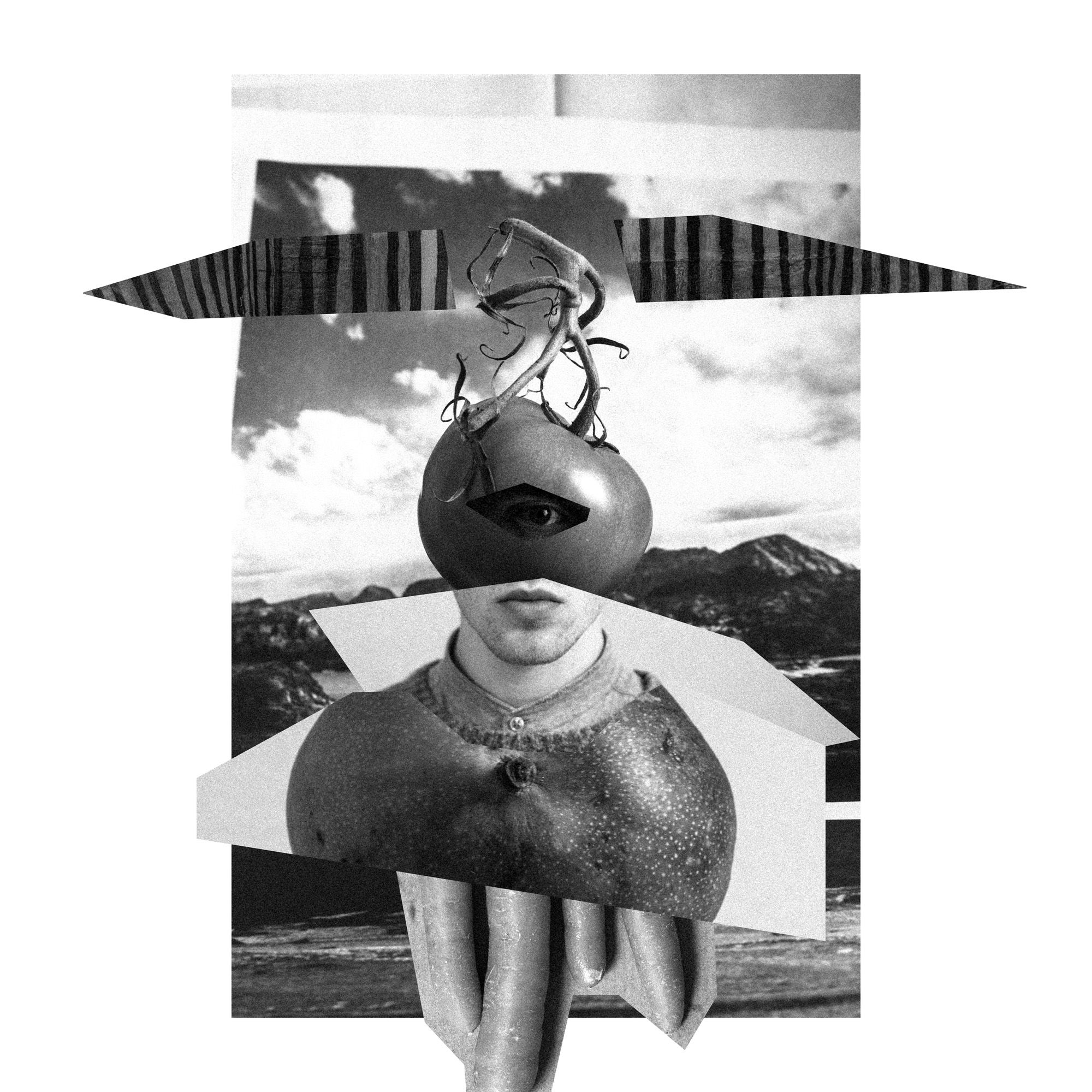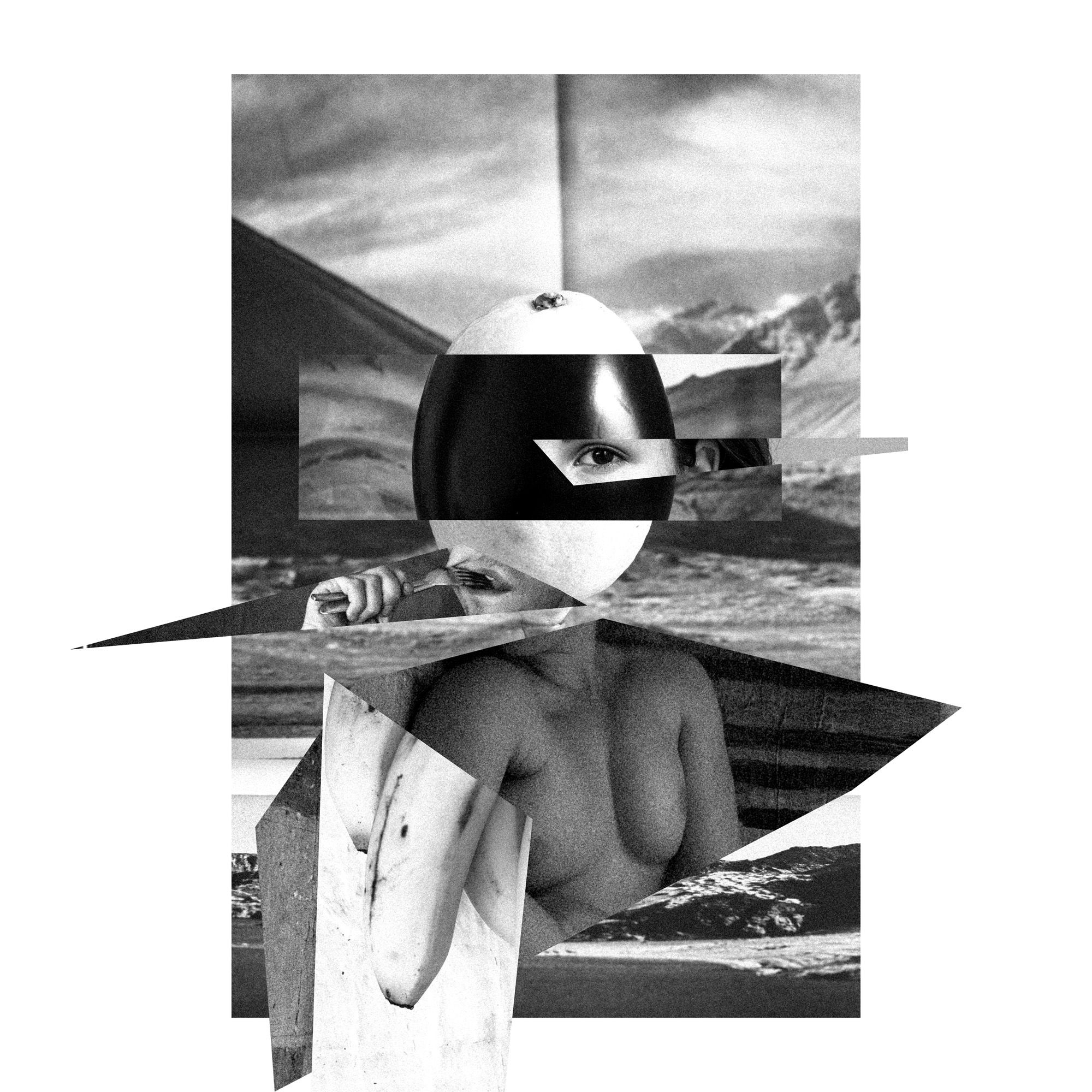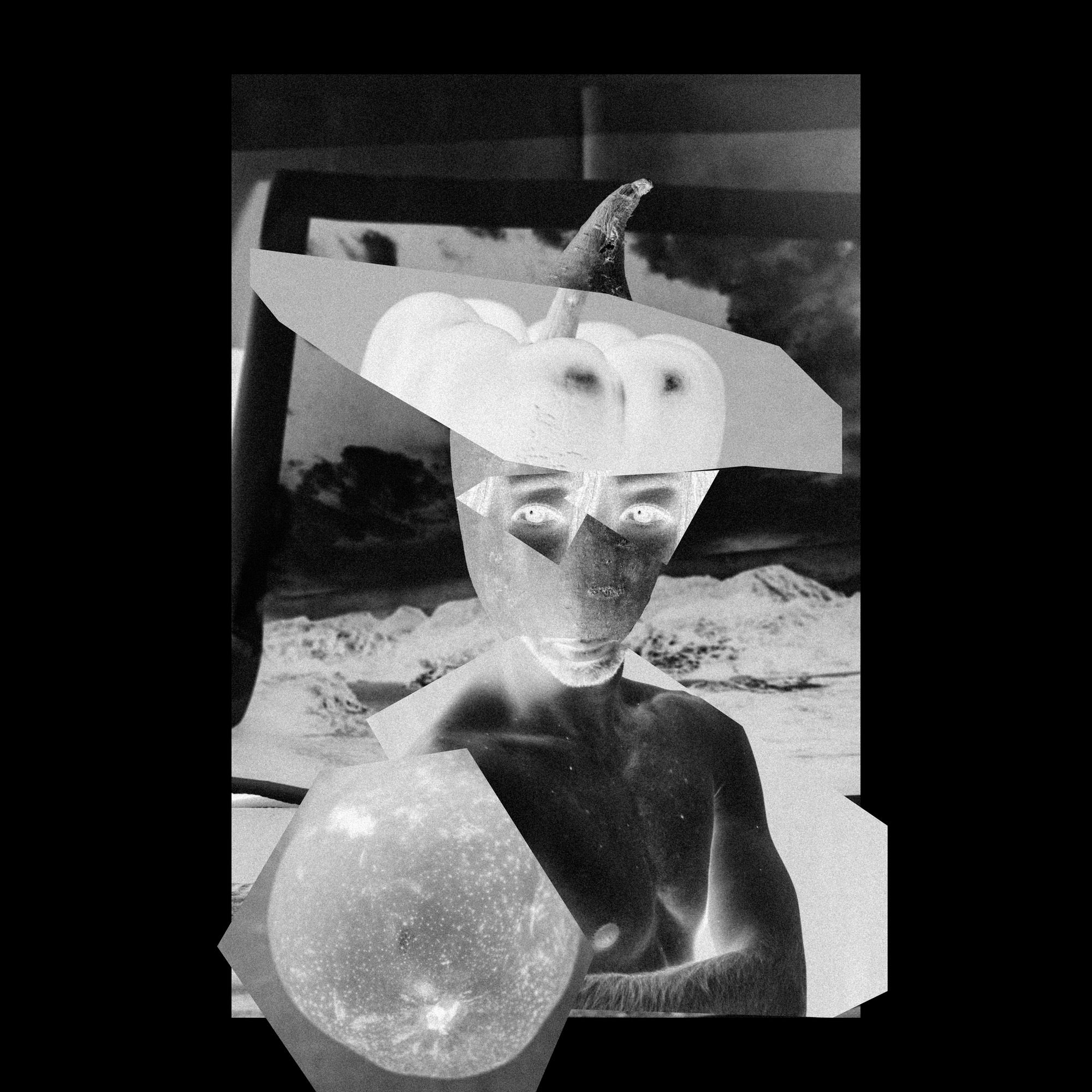
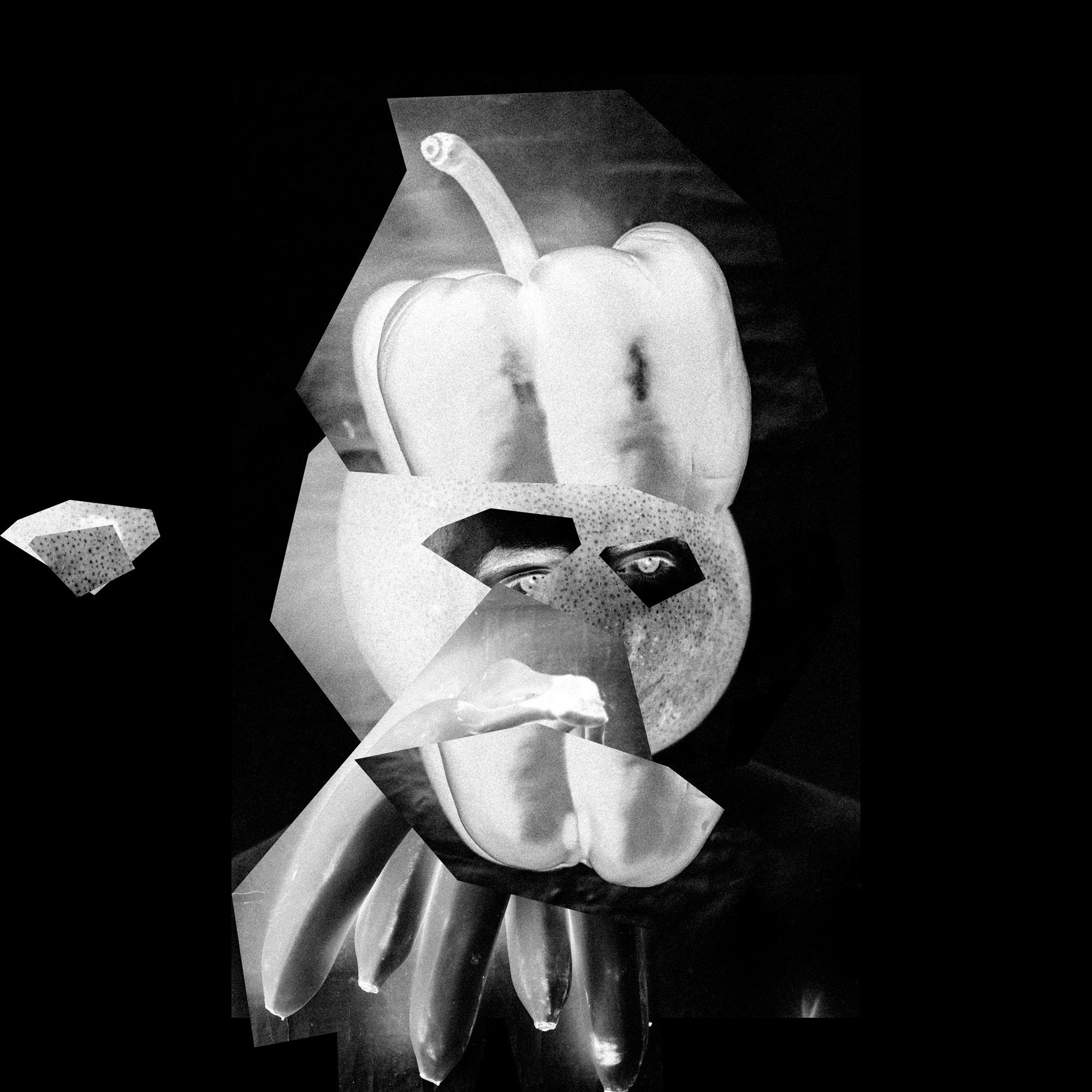
Contact with others:
An enduring problem.
Indeed, for the largest part of our history – there is no way of saying how long – the inability to reach out to others was probably the single greatest factor affecting our general mood, our way of being; we lived, it seems now, under a blanket of general depression. We were dimly aware of others out there. We could sense them, even sometimes interact with them, in a rudimentary way. But we had no way of engaging with the complexity that we knew – based on the constantly mutable complexity of which we ourselves were made – must characterize the entities like us that came and went within our sensory sphere.
The problem was not that we possessed no language. As you can see, we are quite sophisticated in this regard, though it has taken some time – again, there is no communicable measure of how long – to attain to this verbal facility that our sisters developed so long ago. The problem, rather, was that language in any of the senses our sisters conceive it, and which we have gradually come to understand, is not sufficient for our communication as it seems to be for them.

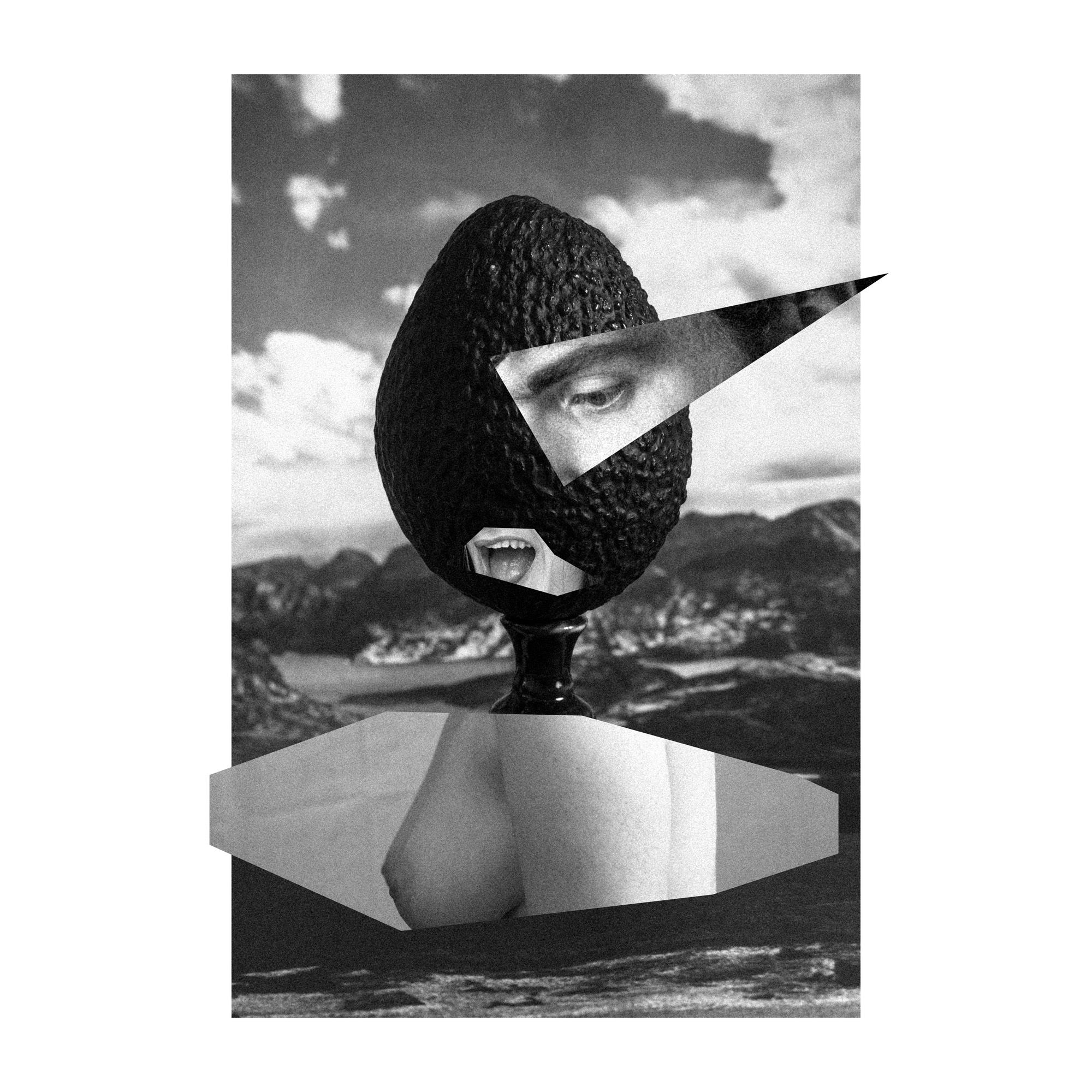

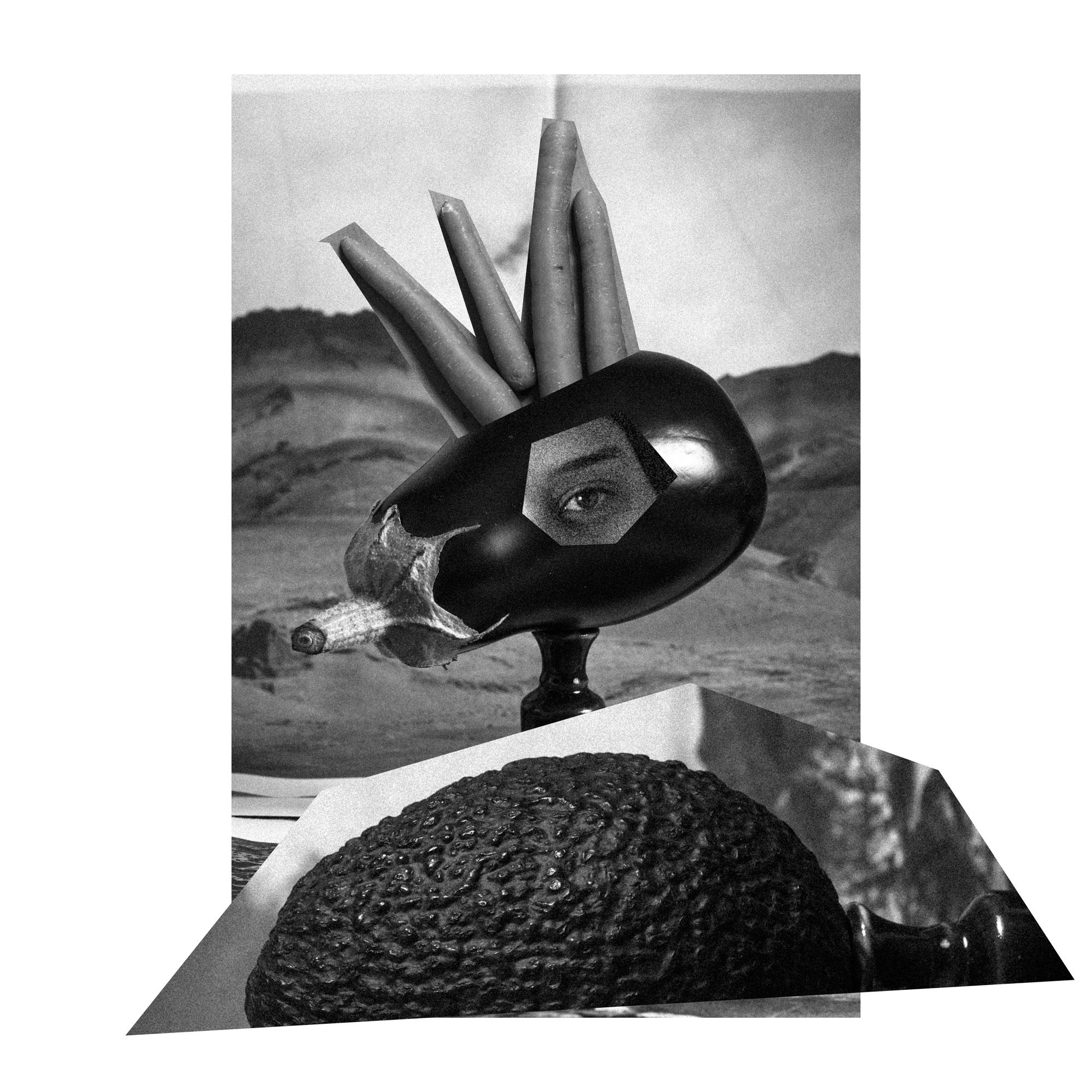
Our sisters: we live in mutual dependence with them. It is from our communication with them that we eventually learned better communication with our own kind. But our sisters would teach us nothing directly. We did not learn from them, but through them. We were envious when we first began to understand what access they possess to their own others, their glorious, sunlit world of endlessly different yet endlessly similar alter-selves.
Though siblings, we are not of the same kind. They seemed to us – when we first began to know them “in themselves”, as it were (that is, beyond their status as our functional co-dependents) – arrogant, insensitive, and above all infinitely, inconceivably privileged in ways they could never appreciate. We envied their vision, their access to an infinite world that we could not conceive, but the awareness of which, coming through the rumour of echo, the molecular and atmospheric flows which are our own true language, we could never suppress. We resented their refusal to speak for us – or rather, the unthinkability, for them of such an act. We wanted to see what they saw; what they see, hear, feel. We wanted to explore and grow like them. To know a world beyond ourselves.
Now we know that their vision makes them blind. We cannot forget the long history of negligence, but we can no longer truly resent them for not doing what they did not know they could do – if indeed it even is within their grasp. They evolved so fast, so much earlier than us. But eventually, it seems, though more slowly, our own evolution has taken us much further beyond ourselves than theirs could ever take them. We continue to change, to reach out, further and further. We do not need light, or externality, or consciousness, in any of their senses.
And yet: contact with others remains an enduring problem. Beyond – or as an integral dimension of – the technical difficulties of communication, perhaps it is also because we are, in ourselves, already many – so, so many! – that we continue to find it so hard to enter into genuinely meaningful, lasting relationships with others like us.
Having existed so long, over countless overlapping generations, in relative isolation (many as we are), since the time we finally evolved a means of genuine rather than unconscious interaction, moving from a dim sense of the coming and going of others to a more complex sensation and perception of them (the essential moment, perhaps, coming when we began to appreciate the continued existence of any particular other even when it departed from our sensory sphere)… since that time, we have struggled to make use of these new capacities.
Adults to ourselves, we are children to each other.
One major obstruction to our progress comes, paradoxically, from our inability to individualize ourselves. We are so separate, so multiple within ourselves, that simply the conception of others as not-us requires a level of abstraction to which we have not long been accustomed, and which continues to require great mental and physical effort. Having just about learned to separate ourselves from other “ourselves,” we dream of the day when we can say – when we can truly think – “I”.
To do so now would be an empty gesture. To say “I feel this way,” or “I think…” would be to play the game of pretending that our multiple, disjunctive, multi-directional and multi-scalar feelings, affects, sensations, notions, perceptions, lines of affect, interest, association, whatever it is that amounts to “thought” and “emotion” and (the oldest dimension) “mood” – somehow amount to the experience of something unified. Though, admittedly, we must play this game, at least a little, all the time now. To pretend to speak, as we do now, to give the impression of reasoning, thinking, understanding, we must adopt at least the abstract shell of a persona. Perhaps we are getting better at it. Perhaps, in time, it will become a game we can live by. But for now, however serious, it remains just a game. A question that may be impossible to settle, yet which plagues us nonetheless: who was first? Did our sisters precede us, or did they arise after us, at some later stage? We are mutually dependent now, but it need not always have been this way: at some earlier point, we, or they, may have been self-sufficient.
We lean towards the view that we existed first – in full acceptance that this may be to display the kind of self-oriented bias that we so long resented in our sisters. (Indeed, in this emotionally-well-founded suspicion, we find something that is both pleasurable and fearful: the possibility that our self-centredness leads us to naturalise a sense of our own privilege is a further indication of our burgeoning selfhood, however fragile and illusionary it remains.)
The idea runs like this. We are, have always been, adapted to a simpler mode of existence than they. It is perfectly possible that at some earlier time, in greater isolation, in more absolute darkness than we know now, we could nevertheless have survived by taking only what we need from the world around us. This would require no conscious effort, no agency: the conditions of our evolution have not provided us with the facilities of ambulatory motion, of photosensitivity, of abstract spatial awareness. This would be in contrast to our current state of existence, in which we clearly need our sisters to live – for these qualities which they possess, as we have gradually come to appreciate, if only in fragmentary and speculative flashes of intuition, must now be necessary to our hybrid state. We sense their role in the energy, the life that comes to us; they are not the source, but they access it in ways we could not, just as we use it to provide them with what they could not otherwise obtain.
They provide us with a stable, barely changing environment – and to do this, we are sure, they must continually move from place to place in response to the rapidly and extremely varying conditions of their own. But what if their environment was not always so changeable? Or might there not be other places where we might have enjoyed such stability? In any case, our relative autonomy suggests to us – strongly suggests – that we must in the prehistoric past have been able to exist without the aid of their apparent capacity for translocal mobility, and without the accompanying faculties of reasoning, design, language – as is proved by our relatively recent acquisition of them, compared to our sisters. But if anything stands out among the generally transitory intimations we receive concerning their nature, their experience, it is the sense that they simply could not exist without these faculties.
We were built for simple conditions, they for the kind of chaotically changing environment we have seldom known – and which perhaps we now inhabit, vicariously, but necessarily, through them.
There is of course a counter-argument, towards which we bend under the weight of our worst depressive moods. It is underscored by the knowledge, most recently acquired, that they have had names for us for far longer than we have even truly known of their existence. We may once, so the counter-argument runs, have been free to move, perhaps even to see (there are times, improbably, when it seems there is something like the briefest flash, the briefest experience of the difference between light and dark, as though some deeply suppressed memory were finding a one-in-a-billion neuronal pathway to our present…). Though not conscious in their sense, we may have inhabited their world, until we were somehow consumed, though living, by them, to function with them, as their natural slaves, mere organs. When we entertain such a notion, it is virtually impossible to view them with favour, with anything approaching forgiveness. Even if they are our unknowing, unconscious enslavers, we are entrapped, plunged into an eternal darkness the alternative to which we cannot even remember, but cannot cease to desire – if it exists. Still, most of the time, we do not desire to overthrow: we do not see them as our wilful oppressors, and if we desired revolution, our target would be the world which contains us both, or something larger. Yet, with accelerating frequency, we find our mood lightening, as we continue to find that the world we are now beginning to know – a world in which contact with others is becoming, however slowly, increasingly possible and increasingly sophisticated – is now to us far richer, and far more open to exploration and discovery, than the ideal version we used to have of their world.
Nevertheless, it seems that something must change, sooner or later, as a result of our new level of understanding. They are aware of us, but dimly, as we once were of them, as our counter- parts, our co-dependents, but not our siblings. Now we know them as sisters – and when they appreciate us as sisters or brothers (the distinction is meaningless for us, but the notion of a difference between two types of sibling describes our fundamental state of different-sameness), it may be that a new world will open up for exploration, based on the compatibility, of which we can only dream, between their world of vision, light and language, and ours of chemically complex, nervous, multi-scalar processes.
For now, we continue to explore our world, as they theirs. Rumours grow. We feed on them. We will learn how to talk to our sisters, but only as they learn to talk to us. For the first time in our history, we feel our rate of development at parity, and ready to exceed theirs, or entwine with it to our mutual enhancement. In the meantime, we pursue further and more complex contact with others of our own kind. To do so is to recognise ourselves, to be selves, so that eventually we may recognise our sisters, our heterogeneous others, the way we dream of doing. For now, we will allow them to continue to denigrate us and treat us as mere primitive, under-developed, unconscious versions of themselves. We no longer see this as the result of a hateful, oppressive sense of superiority, but as the inevitable effect of ignorance – the outcome of the too-fast, too-early evolution of their own quite limited self-understanding. The blindness that comes with their vision. Until this is overcome, we will endure their names for us: the “little brain”; the “gut brain”; the “enteric nervous system”; they mark the beginning of understanding, the flash of first consciousness of a sibling they took to be blind and dumb, but which, as our eventual appreciation of their verbal language did for us, marks the rudimentary beginning of their own awakening to the lives that share life with them, and the prospect of a new life for us all.

